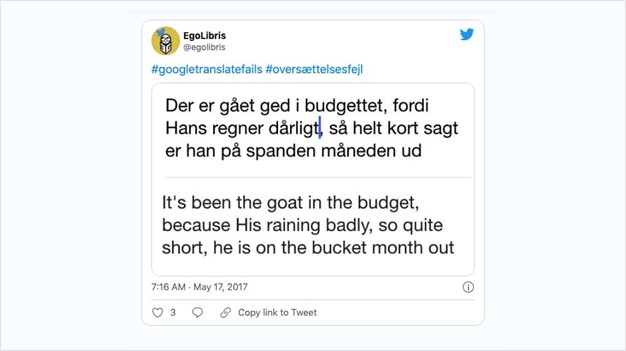Can WordPress Translation Plugins Boost SEO Ranking?
|
Font size:
The benefits of translation for marketing are undeniable. Translation enables you to expand your outreach and attract new users to your website. Neil Patel, a marketing guru that needs no introduction, claims to have seen a spike in user base after translating his website. He allegedly set up a system that simultaneously translated his website into 85 languages. After doing so, results kicked in. Readership quadrupled, the number of unique visitors also spiked almost overnight. But that’s Neil Patel… and perhaps a little too good to be true. What is he not telling us?
A myth debunked: Machine vs Manual Translation
There are two ways you can translate your website content. The easiest and fastest one is machine translation (MT). Numerous website builders, including WordPress, support MT plugins. TranslatePress is, for example, the most widely used and supports 221 languages.
Pros
1. Translations via plugins are automatic. Whenever users want to access your content in their native language, they must select their desired language from the language drop-down menu.
2. As a marketer, it’s a blessing as you can serve more languages simultaneously. Manual translation takes time. More often, you’d need to choose up to 5 “most important” target languages (and locales) and have your website translated by a professional translator. In contrast, the plugin translates your website into 50-80 languages simultaneously, within seconds.
Cons
1. Machine translation, no matter how advanced, is far from ideal. In your marketing life, it’s almost impossible not to have come across one of those hilariously wrong translations by Google Translate. Here’s an example for you to revel in:

Have you had enough? Great! Now, since then (as you can see from this image, this is a tweet of 2017), Google Translate has improved. Also, its serious competitor DeepL, known to provide better solutions, is still not perfect. Compared with Google Translate, the same text ran through DeepL translates to:

However, a full-stop at the end of this sentence causes a little short-circuit, changing the translation completely. Watch this:

How can a punctuation mark change the meaning of a whole sentence? DeepL only knows. From “for the rest of the month” to “for the rest of the year”, it’s quite a big difference (11 months 🙂 ).
2. Last but not least, you might have serious SEO issues on your hands. Indeed, having your website available in 50, 70, 80 languages at the same time may attract more international users to your website, yet, you may also end up with duplicate on-page content. Also, the content gets translated but not the metadata. It all depends on how the plugin works. While all plugins are adapted for translating the on-page content, SEO is not served.
So, how much can you count on plugins to enhance your SEO ranking?
Well, it all depends on your goals. Although it is significantly slower and more expensive than MT, manual translation is suitable to serve both on-page content and SEO. Additionally, a professional translator always pays attention to style, nuance, tone of voice, cultural identity, and much more – even the untranslatable. Keywords and key phrases may sometimes be untranslatable. So, the translator will need to re-write them in the target language.














